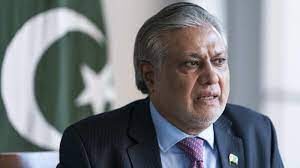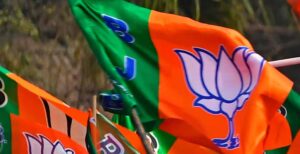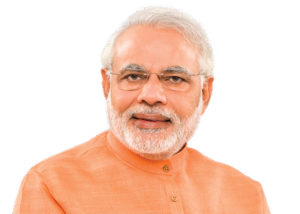Nepal’s Prime Minister, Prachanda, unable to reach consensus with allies on power-sharing
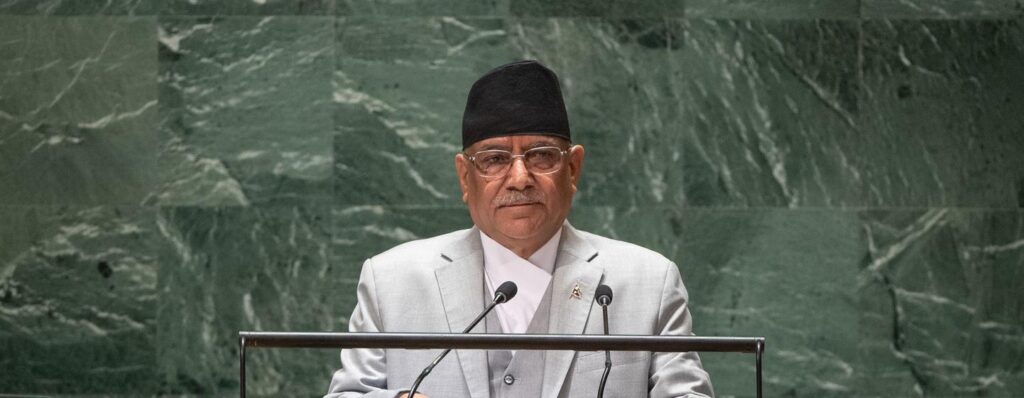
Nepal’s Prime Minister, Prachanda, has failed to reach a consensus with his allies on a power-sharing agreement
Nepal’s Prime Minister, Prachanda, has been unable to achieve a consensus with his allies regarding a power-sharing agreement
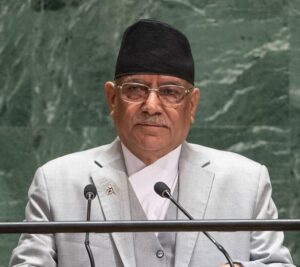 The inability of Nepal’s Prime Minister Pushpa Kamal Dahal, also known as Prachanda, to reach an agreement with his allies on a power-sharing arrangement has created a sense of uncertainty regarding the stability of his government. This uncertainty emerged after Prachanda made the bold decision to sever ties with the Nepali Congress, a move that surprised many. Instead, he formed a new alliance with the Communist Party of Nepal (Unified Marxist-Leninist), the second-largest party in the country, led by former Prime Minister KP Sharma Oli.
The inability of Nepal’s Prime Minister Pushpa Kamal Dahal, also known as Prachanda, to reach an agreement with his allies on a power-sharing arrangement has created a sense of uncertainty regarding the stability of his government. This uncertainty emerged after Prachanda made the bold decision to sever ties with the Nepali Congress, a move that surprised many. Instead, he formed a new alliance with the Communist Party of Nepal (Unified Marxist-Leninist), the second-largest party in the country, led by former Prime Minister KP Sharma Oli.
Following the formation of this new alliance, three ministers were sworn in, indicating progress in the government’s expansion. However, the expansion of the cabinet was delayed as the power-sharing deal within the ruling alliance remained unresolved even a day after the formation of the new government. This delay has further heightened concerns about the stability and effectiveness of Prachanda’s administration.
The decision to end the alliance with the Nepali Congress and form a new alliance with the Communist Party of Nepal (Unified Marxist-Leninist) reflects Prachanda’s desire to consolidate power and strengthen his position within the government. As a former guerrilla leader, Prachanda has a history of making bold and strategic moves to further his political agenda.
However, the inability to come to an agreement on power-sharing within the ruling alliance has raised questions about Prachanda’s ability to effectively govern and maintain stability in Nepal. The delay in expanding the cabinet indicates a lack of cohesion and unity within the ruling coalition, which could hinder the government’s ability to address pressing issues and implement necessary reforms.
The uncertainty surrounding the stability of Prachanda’s government has also raised concerns among the Nepalese population and the international community. Nepal, a country still recovering from a devastating earthquake in 2015 and facing numerous socio-economic challenges, requires strong and stable leadership to navigate these difficulties effectively.
As the power-sharing arrangement remains unresolved, it is crucial for Prachanda and his allies to engage in constructive dialogue and find a mutually agreeable solution. The success of the government and the well-being of the Nepalese people depend on the ability of their leaders to work together and prioritize the interests of the nation over individual or party agendas. Only through effective collaboration and compromise can Nepal’s government overcome the current uncertainty and provide the stability and leadership the country needs.

